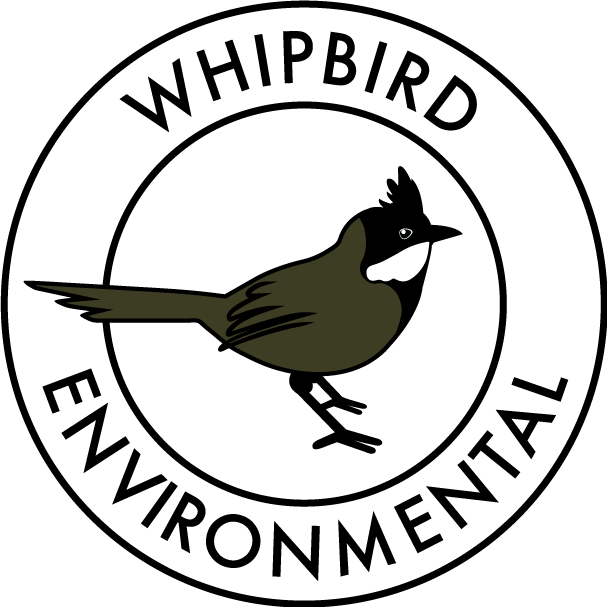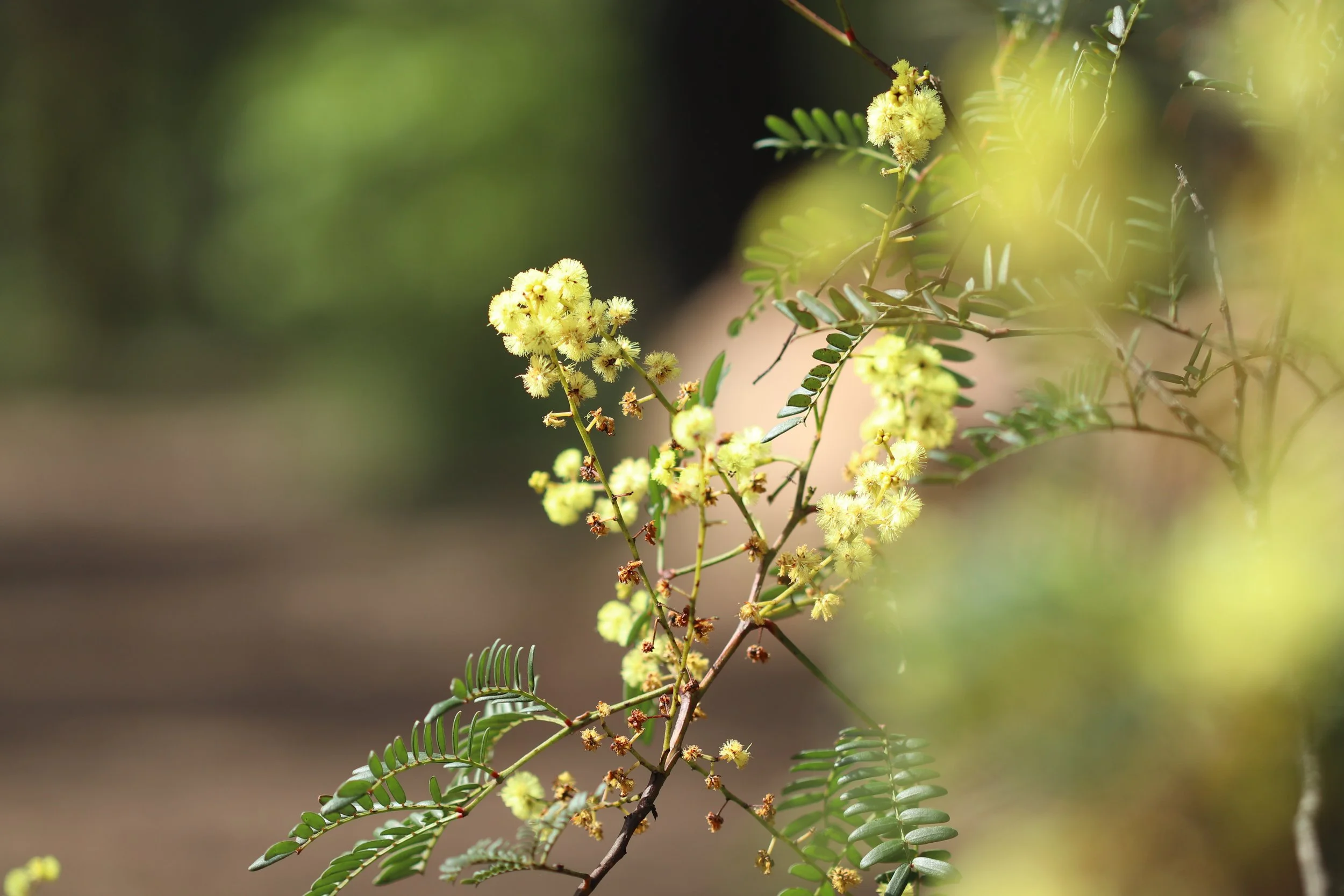Acacia terminalis (Sunshine Wattle) Australian Native Plant Profile
Acacia terminallis flowering in Mittagong NSW
Description
Acacia terminalis is a spreading shrub, 1.5m to 3m. On rare occasions it can grow as large as 6m. It is a fantastic smaller wattle species providing all the benefits of the larger wattles including fast growth, prolific flowering, nitrogen fixing and ample seed set. A rather pleasant shrub, Acacia terminalis has a lot of scope for use in both revegetation works and in the garden.
Growing Conditions
Fairly widespread species, there are 4 subspecies of Acacia terminalis. Typically it grows in woodlands in coastal settings around the Illawarra in sandstone-derived soils. Although naturally occurring in sandstone or sandstone derived soils it can handle some clay influence and does well in pots. As a woodland understorey species it has adapted to handle light shade but also does extremely well in sunny positions.
Habitat Value
Acacia species are all superb sources of nectar for a variety of different nectar-drinking animals, from insects to birds and mammals. Sunshine Wattle is no exception and produces abundant flowers. The shrub itself provides some cover to smaller animals and perching options for small birds.
Uses
Environmentally, Sunshine Wattle is an excellent species for revegetation in appropriate settings. It’s a great understory species and its fast growth and ample flowering provide early habitat value and other benefits to revegetation works. It has good scope for high traffic areas and trackside revegetation works as it is a smaller plant with soft foliage and is quite visually appealing, especially when in flower.
In the garden it is a great filler species or would make a great feature in a garden consisting of mostly lower growing species. They do well in pots as well. Works well in combination with other natives with overlapping flowering times such as Hardenbergia violacea.
Propagation
Acacia terminalis germinates readily from seed. As with most Acacia species, treatment via the boiling water method is advised.
You might also like:
Melaleuca thymifolia (Thyme Honey-myrtle)
Pultenaea villosa (Hairy Bush-pea)
Further Reading
https://finder.growingillawarranatives.org/plants/plant/16
https://plantnet.rbgsyd.nsw.gov.au/cgi-bin/NSWfl.pl?page=nswfl&lvl=sp&name=Acacia~terminalis

